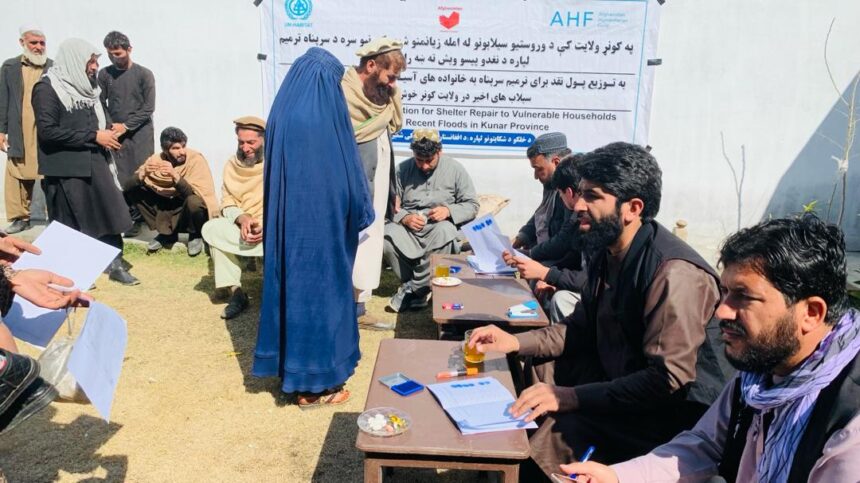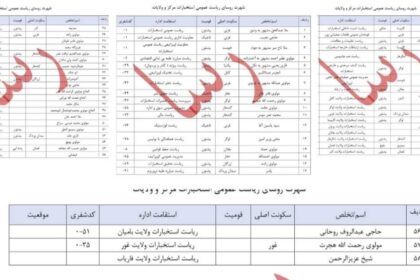RASC News Agency: The United Nations Office for the Coordination of Humanitarian Affairs (OCHA) has disclosed in its latest report that the intensifying climate crisis in Afghanistan has significantly worsened the country’s humanitarian challenges. OCHA asserts that humanitarian assistance alone cannot adequately address the climate-induced vulnerabilities affecting the most marginalized families. The report highlights Afghanistan’s persistent “high vulnerability” to natural disasters, climate change, and geopolitical tensions. Since August 2021, humanitarian aid amounting to $6.7 billion has delivered notable improvements across key sectors, including food security, healthcare, education, protection, sanitation, and shelter, resulting in a measurable, albeit partial, alleviation of the humanitarian crisis.
While 29.2 million Afghanistanis required humanitarian assistance in 2023, OCHA notes a reduction in this figure, signaling some progress. The report credits humanitarian interventions with mitigating suffering and averting a “widespread catastrophe.” In particular, the number of individuals facing severe food insecurity has significantly declined due to sustained aid efforts. Nonetheless, the outlook remains dire. OCHA’s January 6, 2025, report reveals that 22.9 million people more than half the country’s population are projected to require humanitarian aid in the coming year. Additionally, 14.8 million people, representing nearly one-third of Afghanistan’s population, will depend on food and agricultural assistance in 2025.
The report underscores the interplay between acute food insecurity, inadequate access to clean water, sanitation, and healthcare services, all of which have fueled escalating malnutrition rates across the country. Without continued and expanded support, the humanitarian situation in Afghanistan risks further deterioration.






